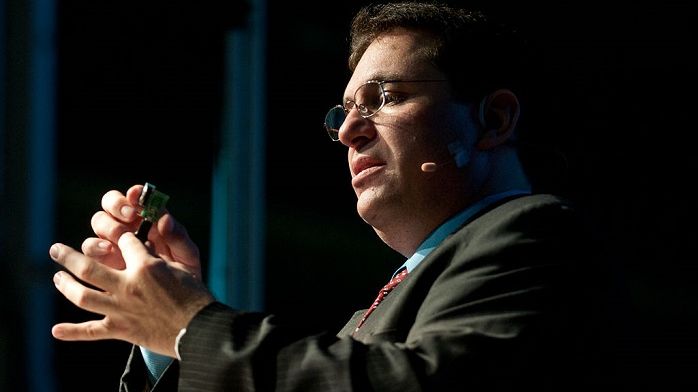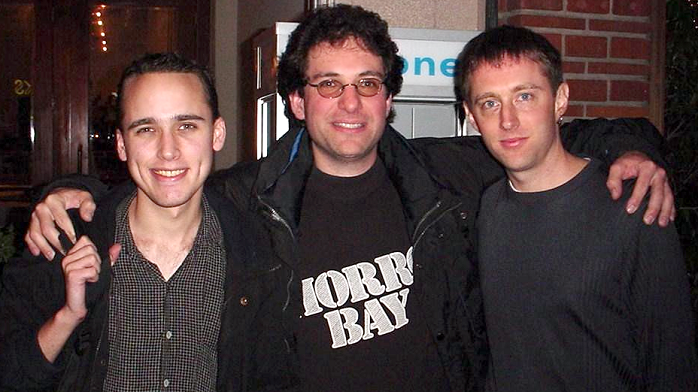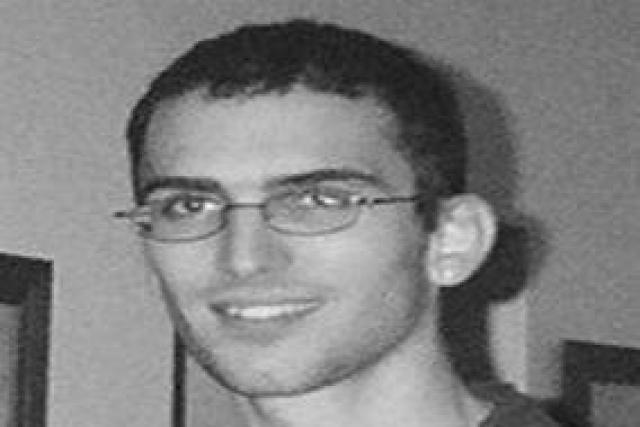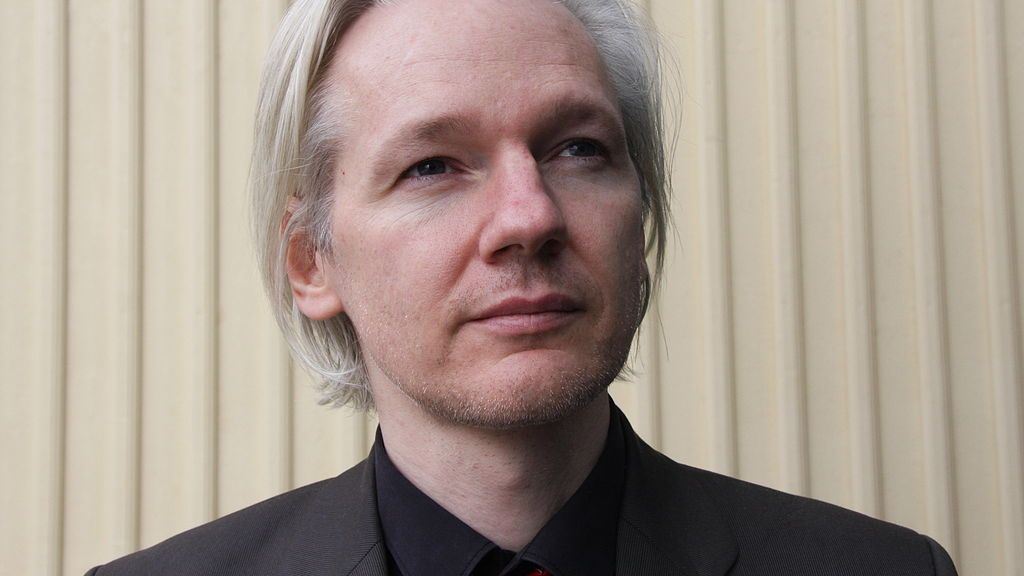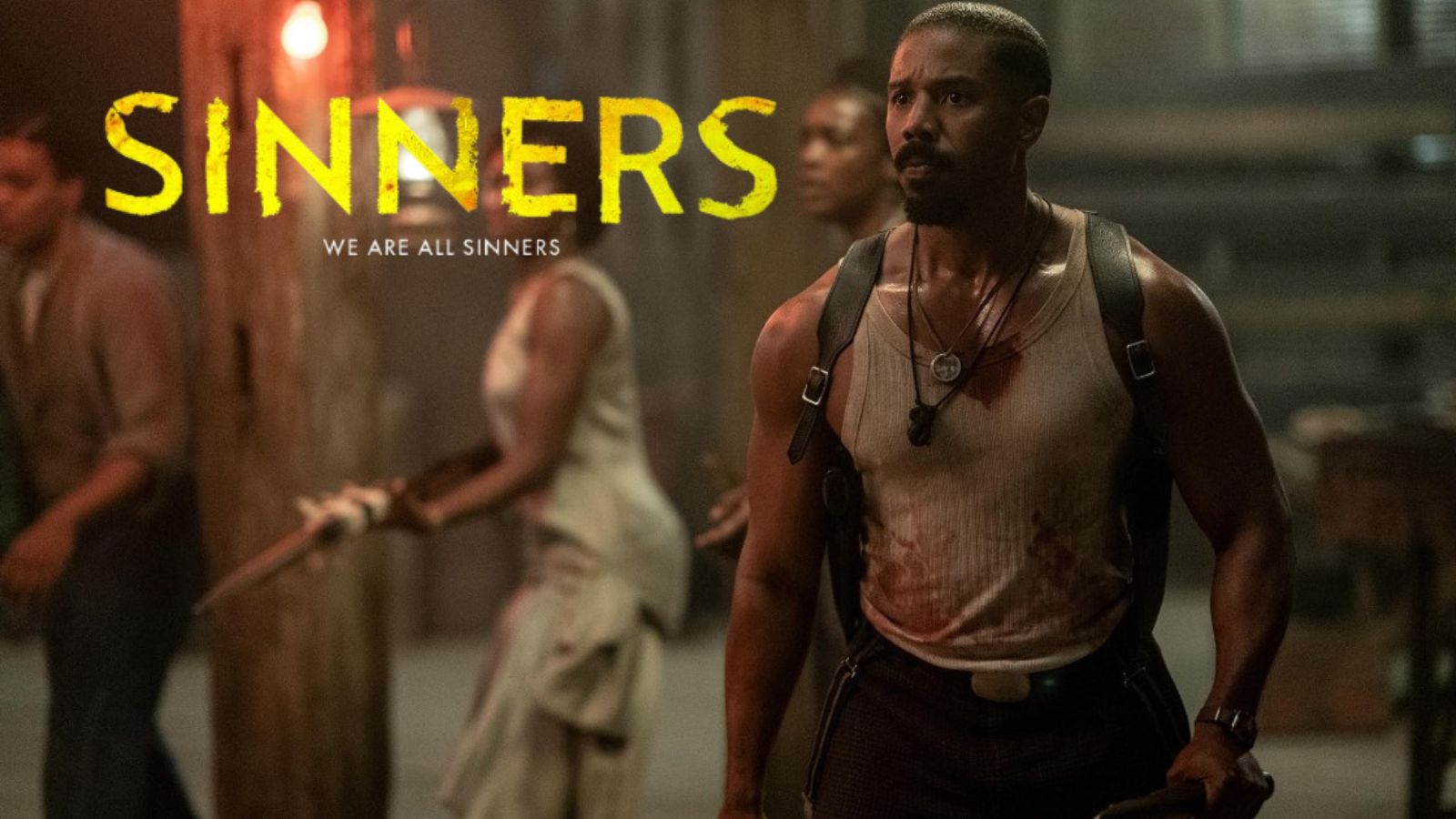
The Most Important Hackers Everyone Should Know
While you might not spend a lot of time thinking about them, hackers have already made quite a mark on history. Thanks to the importance of computers and computer networks in the modern world, those who can infiltrate and mess with these systems have also become important. No one knows how many hackers are actually out there. Most of them will remain anonymous forever. Which is exactly how they'd want it. Then you have the hackers we're looking at today. Their names have been exposed and they're quite infamous. These hackers are regarded as important because they pioneered modern staples of hacking. Alternatively, they pulled off one hack so monumental, that it's historically important.
I haven't included hackers who have done similarly important deeds, yet remain anonymous. We don't know if they're individuals or groups, so it's best to deal with them separately. If you know these names, you'll have a pretty good handle on the breadth of hacker prowess and the major vulnerabilities they exposed.
Kevin Mitnick
Eneas De Troya from Mexico City, México [CC BY 2.0 (https://creativecommons.org/licenses/by/2.0)] Image Cropped.
Mitnick was barely a teenager when he began using techniques like social engineering and dumpster diving. Why? He wanted to ride the bus for free and figured out a way to literally punch his own tickets. It's funny because the bus system at the time used punch cards.
Mitnick is really one of the pioneering users of social engineering, showing that the weakest part of any computer security system is the people. The FBI hunted Mitnick for years, eventually catching up to him in 1995. Mitnick spent about five years in prison. Authorities were so scared of his hacking abilities that they put him in solitary. Ridiculously, they feared he could do things like start a nuclear war using phone phreaking.
Mitnick Today
Today Mitnick has gone straight, with his company acting as a security consultancy to some top corporations as well as, ironically, the FBI. TO be fair, he has one heck of a resume.
Kevin Poulsen
Poulsen (Right)
Known online as "Dark Dante", Kevin Poulsen pulled off some pretty ballsy hacks. In 1990 he took control of a radio station's phone lines so that he could control which caller he would be. The prize for being the 102nd caller was a Porsche 944. Not a bad ride for a 25-year old. Poulsen went on the lam, but the authorities caught up with him in 1991. What makes Poulsen notable is that he was the first US citizen to be released from prison with a computer and internet use ban.
Poulsen Today
Today Poulsen works as a journalist, currently writing for the Daily Beast. He's also been involved in developing SecureDrop, which is an Open Source tool that helps people communicate securely.
Jonathan James
Naranj8 [CC BY-SA 4.0 (https://creativecommons.org/licenses/by-sa/4.0)]
James had pulled off a few hacks before the authorities paid any attention to him, but the source of his infamy was a hack of US Department of Defense systems. James stole control software from NASA for the ISS. This, in turn, triggered a security shutdown at the agency costing tens of thousands of dollars to inspect and restart.
Thanks to his status as a juvenile delinquent and a deal with authorities, James was only sentenced to seven months of house arrest. Thanks to a violation of the terms he also served six months in an actual prison.
James Today
James' story came to an end after a massive hack of the TJX department chain. One which exposed sensitive user information. Implicated by association with some of the hackers suspected of the crime, James committed suicide in 2008. His suicide note strongly defended his innocence in the TJX matter.
Michael Calce
Known by the handle "MafiaBoy", Michael Calce is a former hacker who put the DDoS (distributed denial of service) attack on the mainstream map. Early in 2000 Calce targeted the search giant Yahoo! You have to remember that Yahoo! was actually the king of internet search at the time. Not the shadow of its former self it has become today. So shutting down its servers disrupted internet services for a large segment of internet users. He later brought down eBay, CNN, and Amazon using DDoS attacks.
Calce's hacking exploits are important because it exposed how vulnerable major internet services were against DDoS attacks. Today we have companies like Cloudflare that can effectively mitigate against DDoS attacks and that's probably thanks to Calce's bombastic crippling of the big boys almost 2nd years ago.
Calce Today
Unfortunately, it was Calce's bombast that got him caught. Thanks to bragging about the attacks on internet relay chat, he became a suspect. Calce's case made the news at the time partly because there were claims that his DDoS attacks had caused more than a billion dollars in damages. In the trial, however, the damages were estimated at a more realistic $7.5 million. He now makes a living as a security expert.
Gary McKinnon
This Scottish hacker is widely known for pulling off what's arguably the largest hack of military systems in history. At least so far.
What's less impressive are his stated reasons for doing it in the first place. It turns out that Mr. McKinnon is a bit of a conspiracy theory nut. He was looking for information to support the idea that the government covered up UFOs. In addition, he also wanted evidence that the military had access to free energy, but was hiding it from the public.
Allegedly, Gary hacked into more than 90 US military and NASA computers over the course of about a year. Under the handle "Solo", the hacks were perpetrated from his girlfriend's aunt's house. According to the US military, it wasn't just that he looked but didn't touch. No, Gary supposedly deleted critical filed from their systems, killing off 2000 computers for a whole day. In one hack, he took out 300 naval computers and disrupted ammo supplies for the Atlantic US Navy fleet.
Since McKinnon isn't a US citizen and did his hacking from the UK, it wasn't simply a case of arresting him. In fact, after being charged and indicted he was still free for three years. Then legal changes added some requirements to that, such as having to be home at night and checking in with the rozzers at regular intervals. The US tried to extradite him to faze the music, with a potential sentence of 70 years.
McKinnon Today
After years of legal wrangling, McKinnon got off scot-free. Prime Minister Theresa May herself blocked the extradition. Citing the fact that Gary suffered from depression and Asperger's syndrome. Making him a suicide risk. Then, since the evidence for the alleged crimes were all in the USA, he couldn't be tried in a UK court. So as long as he doesn't want a holiday in Miami, Gary is in the clear.
Robert Tappan Morris
Trevor Blackwell [CC BY-SA 3.0 (https://creativecommons.org/licenses/by-sa/3.0)]
While viruses are spread using email and removable storage, worms are different. These critters spread across networks, such as the internet. This was in 1988 when the internet as we know it barely existed. Morris was a grad student from Cornell and had the bad luck of releasing the worm a mere two years after legislation that criminalized the act. This also gave him the distinction of being the first person convicted under that new law.
Although it's fair to paint Morris as a hacker, his actions were possibly the first example of grey hat hacking. The worm did not directly damage anything. Instead, it was designed to go out and find vulnerabilities in computer systems. Morris was convicted and sentenced to three years probation, 400 hours of community service and more than $10K in fines.
Morris Today
Today he works as a computer scientist and has contributed to the field substantially. He is an assistant professor at MIT and holds a Ph.D. in Applied Sciences from Harvard.
Loyd Blankenship
Loyd Blankenship isn't necessarily known for any particular hacking exploit, but he's a well respected hacking elder who shaped the culture in fundamental ways. Known as "The Mentor". He was a member of the legendary Legion of Doom and, after his arrest, wrote the Hacker Manifesto. The manifesto is still the basis for modern hacker ethics and emphasizes keeping the net free.
Blankenship Today
Blankenship has done a couple of things following his hacker years. He worked for the famous Steve Jackson Games for a few years and alter authored GURPS Cyberpunk. A tabletop role-playing system with a Cyberpunk flavor.
Julian Assange
Espen Moe [CC BY 2.0 (https://creativecommons.org/licenses/by/2.0)] Image Cropped
Assange Today
Of course, Assange is best known for the stuff he did after his stint as a hacker ended. Mainly for founding Wikileaks, an organization that received data found by other hackers and anyone else who wanted to act as a whistleblower. Wikileaks has had a major impact on global events, especially uncovering government wrongdoing. Unfortunately, Assange spent a number of years holed up in an Ecuadorian embassy and has recently been arrested after they kicked him out. At the time of writing, he's waiting to find out whether extradition to the USA will happen.
Hack the Planet!
As we enter a new age of professional cyber warfare, the time of grassroots hackers such as these might be at an end. With coding and technological knowledge becoming a new type of basic literacy, we might all be "hackers" to one extent or another. These fellows have however cemented their place in the history of freedom, speech and criminal activity on the wild internet. Love them or hate them, you can't deny they made a mark.
Which other hackers deserve to be on this list? Let us know in the comments. Lastly, we’d like to ask you to share this article online. And don’t forget that you can follow TechNadu on Facebook and Twitter. Thanks!

